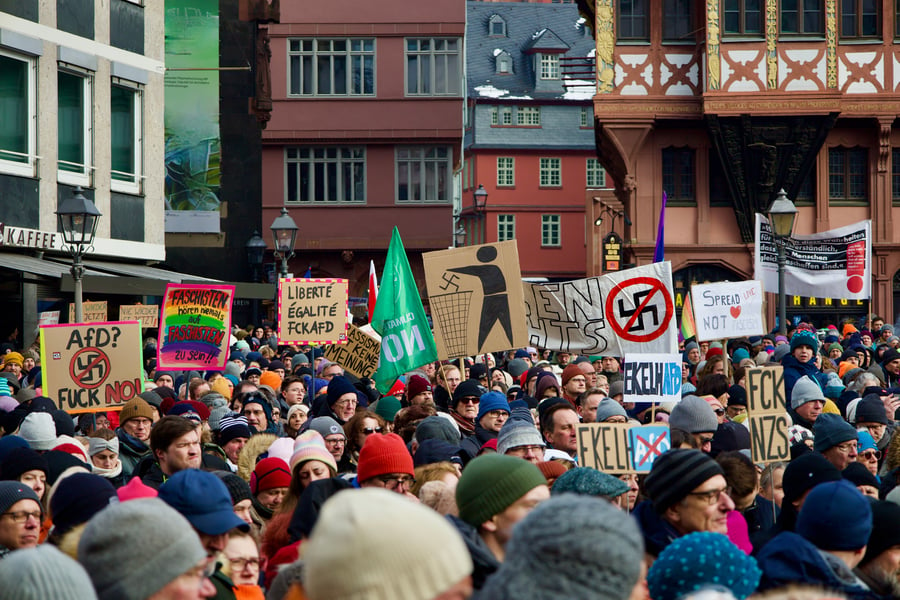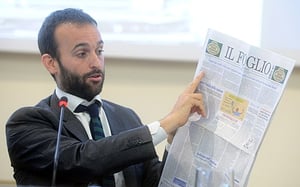
Germany's far-right Alternative for Germany (AfD) party has achieved a historic victory in Sunday's state elections, marking the first time a far-right party has won the most votes in a German state since the Nazi era. This development represents a significant shift in the country's political landscape and a major rebuke to Chancellor Olaf Scholz's ruling center-left coalition.
In Thuringia, projections from public broadcasters ARD and ZDF based on exit polls suggest that the AfD secured about 31% to 33% of the vote, surpassing the center-right Christian Democratic Union (CDU), which finished second with 24.5%. Meanwhile, in Saxony, another eastern German state, the race was extremely close, with the AfD garnering 30% to 31% of the vote, narrowly trailing the CDU's 31.5% to 32%.
The AfD's success is particularly notable given that the party was only launched in 2013. Initially set up as a movement against the euro currency, it has since shifted its focus to anti-immigration and nationalist policies. The party has gained significant support, especially among younger voters and in the former East Germany, where there is more skepticism about NATO and Germany's support for Ukraine in its war against Russia.
Despite this electoral success, the AfD may struggle to gain real governing power as all other parties have vowed not to form coalitions with it. However, if the AfD wins a third of the seats in either Thuringia or Saxony, it will be able to block votes requiring two-thirds majorities, potentially complicating governance in these states.
The election results paint a grim picture for Chancellor Scholz, who will seek re-election in 12 months with his party now polling behind a galvanized AfD. In a statement to Reuters, Scholz expressed concern about the results, saying, "The AfD is damaging Germany. It is weakening the economy, dividing society and ruining our country's reputation."
The AfD's rise comes despite several controversies linked to its leadership. The party is under monitoring by Germany's domestic intelligence agency for suspected extremism, and its leader in Thuringia, Björn Höcke, has twice been found guilty by a German court of purposely employing Nazi rhetoric. He is currently appealing these rulings.
The party has capitalized on growing disillusionment with Scholz's governing coalition, which has struggled to address issues such as Russia's war with Ukraine, slow economic growth, the transition to green energy, and renewed debate about migration sparked by a recent terrorist attack.
On the national level, the AfD is now polling as Germany's second-biggest party, with 18% support, ahead of Scholz's Social Democratic Party (SPD). This positions the AfD to potentially challenge the status quo in next year's general elections.
The emergence of the AfD as a major political force has severely weakened Germany's mainstream political parties and could force others into tense and unlikely alliances. As Germany grapples with these election outcomes, the political landscape continues to evolve, presenting new challenges for established parties and raising questions about the country's future direction.
With 12 months until the next general election, the AfD has time to continue expanding its influence across the country in search of real power, while its opponents will likely use Sunday's results as a rallying cry to mobilize those who wish to stop the far right's ascent.
* AP and NBC News contributed tot his article.



























1 Comments